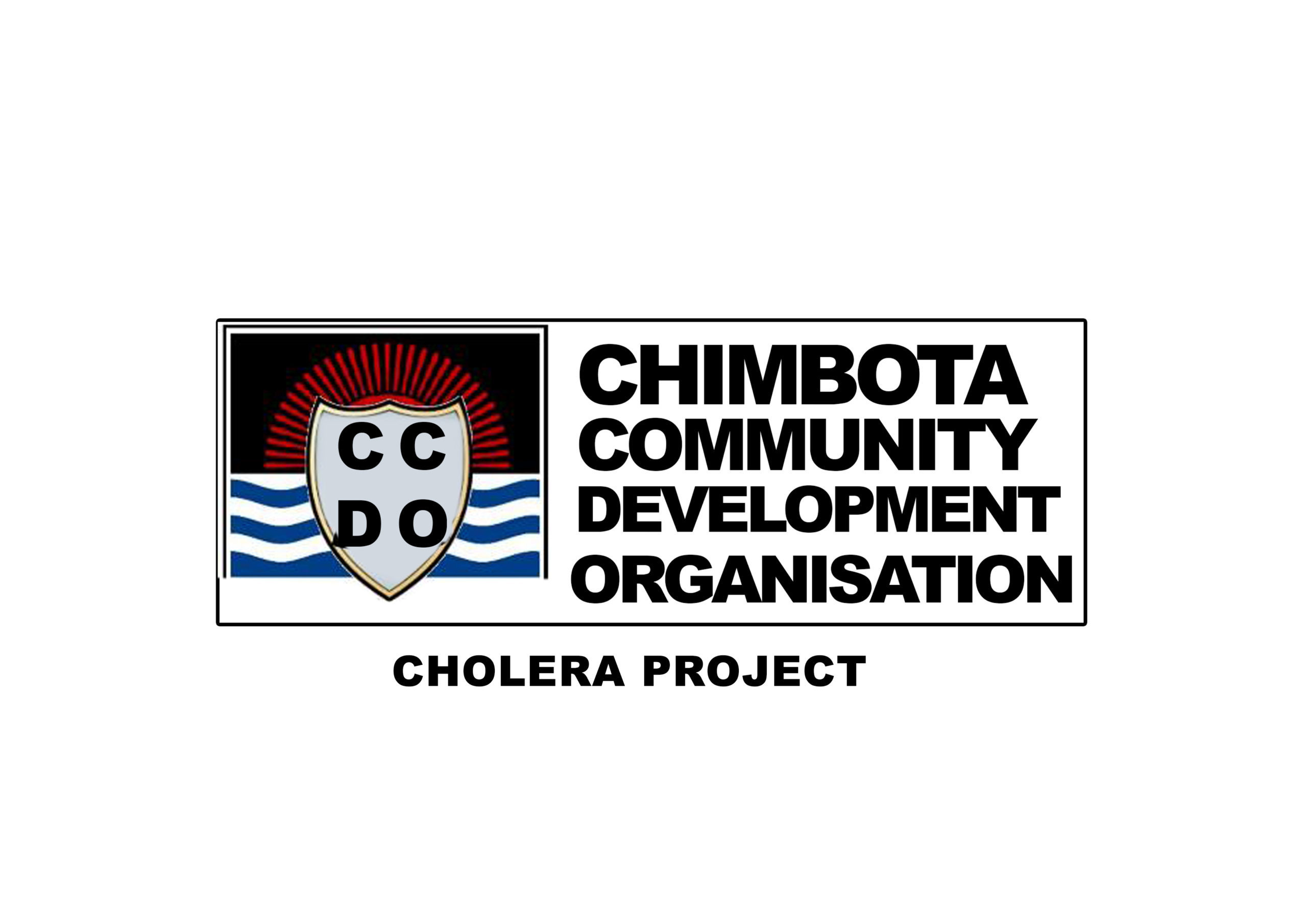OUR PROJECTS

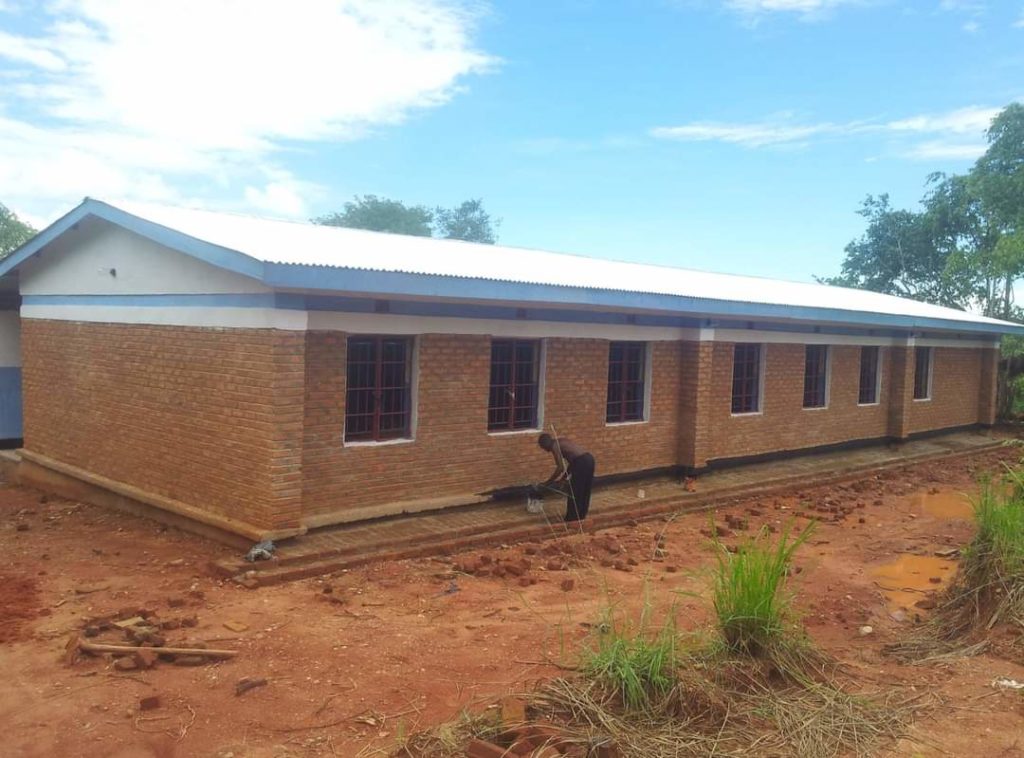
Chimbota School is now in its seventh year of operation, following the Malawian secondary curriculum. We have classes in all four year groups, and total student numbers of around 180.
Our first students graduated in July 2016. Our latest cohort of Form 4 students took their final exams in October 2021, and received their results at the beginning of this month. Six students have achieved good enough points scores to go to university – if we can find sponsors to pay their fees – and will join those from previous cohorts who are currently in various universities, or who have graduated and taken up jobs already.
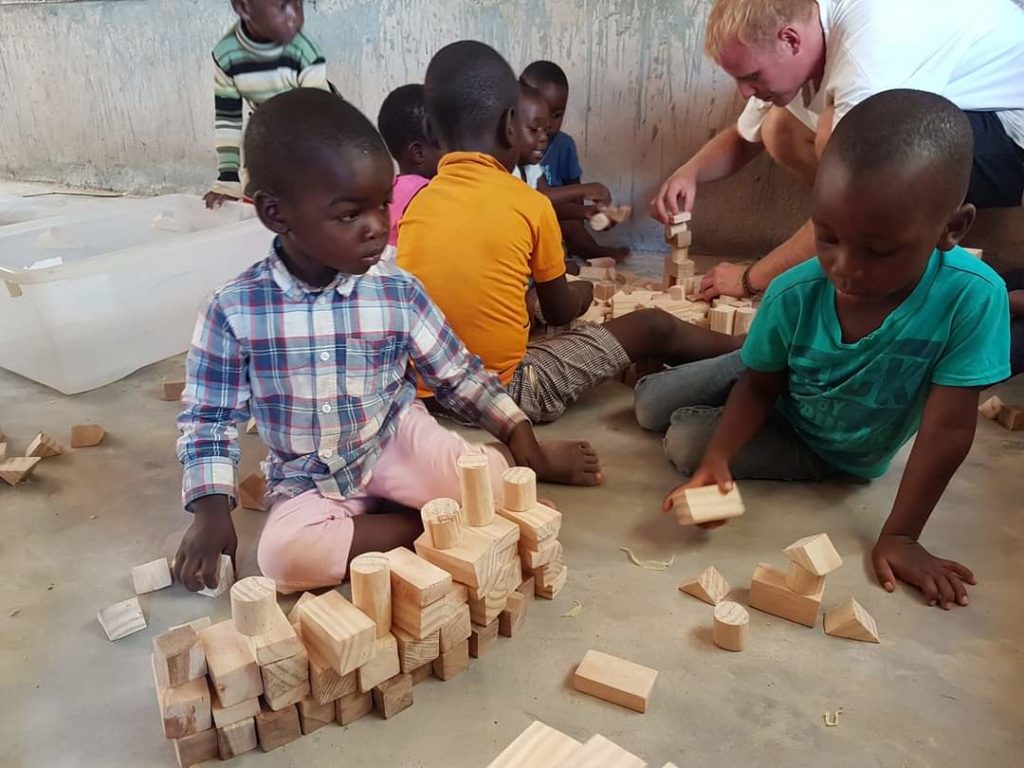
The Chimbota nursery school was built during 2022, and is now almost complete. When we are able to secure funding, we want to offer free nursery education to the under-5s in the area, along with a school feeding programme to offer a nutritious meal every day to all the children who attend.

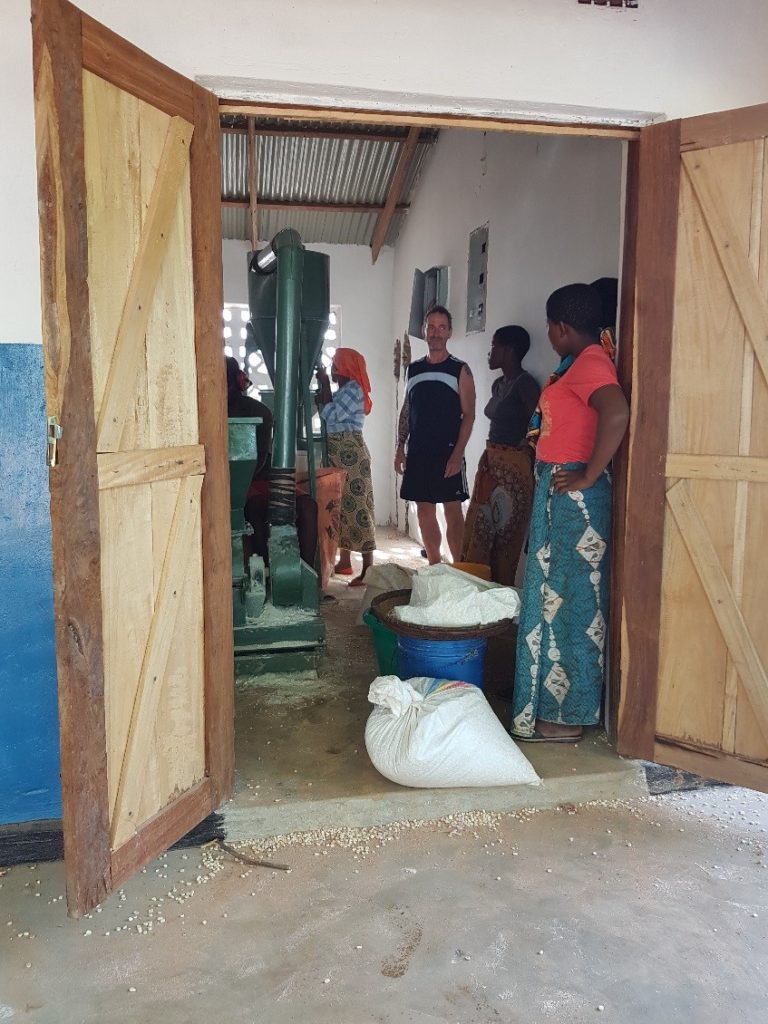
MAIZE MILL AND SHOPS
Another large initiative was to build a set of shops in the village, on a piece of land which we bought in 2017. There are maize and cassava grinding mills, a shop selling maize, a grocery and a barber’s shop. In the future, we hope to open a shop offering photocopying, printing and Internet services.The maize mill and shops were officially opened in a large community ceremony in April 2019
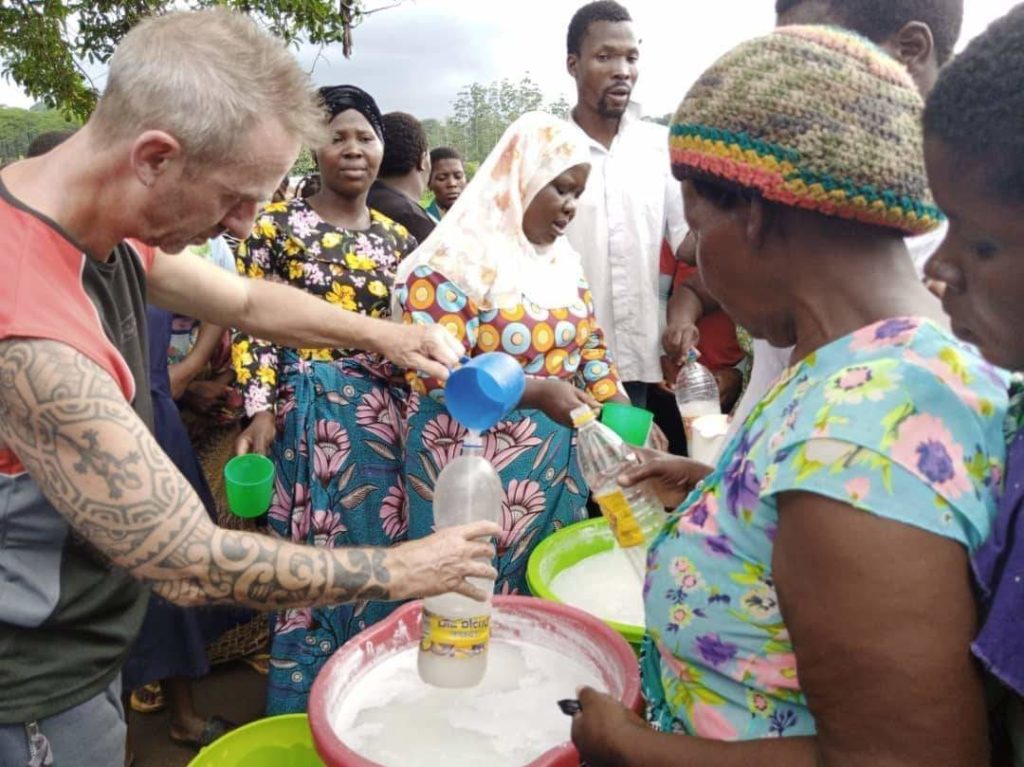
Our Chimbota organisation is still taking a lead in cholera prevention work in Blantyre and some other Areas in Malawi.
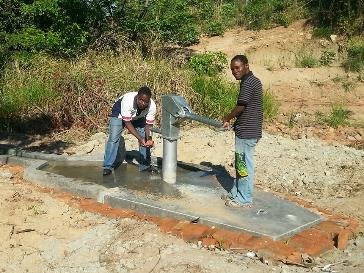
Our first, shallow well was very successful, and still supplies a good amount of clean water, but as the School has now grown considerably, it was not producing enough water for all our needs. During 2019, we brought in contractors to dig a deep borehole, with an automatic electric pump, which is now working well, to ensure that we have enough water for the future needs of the school.

MEDIA TRAINING
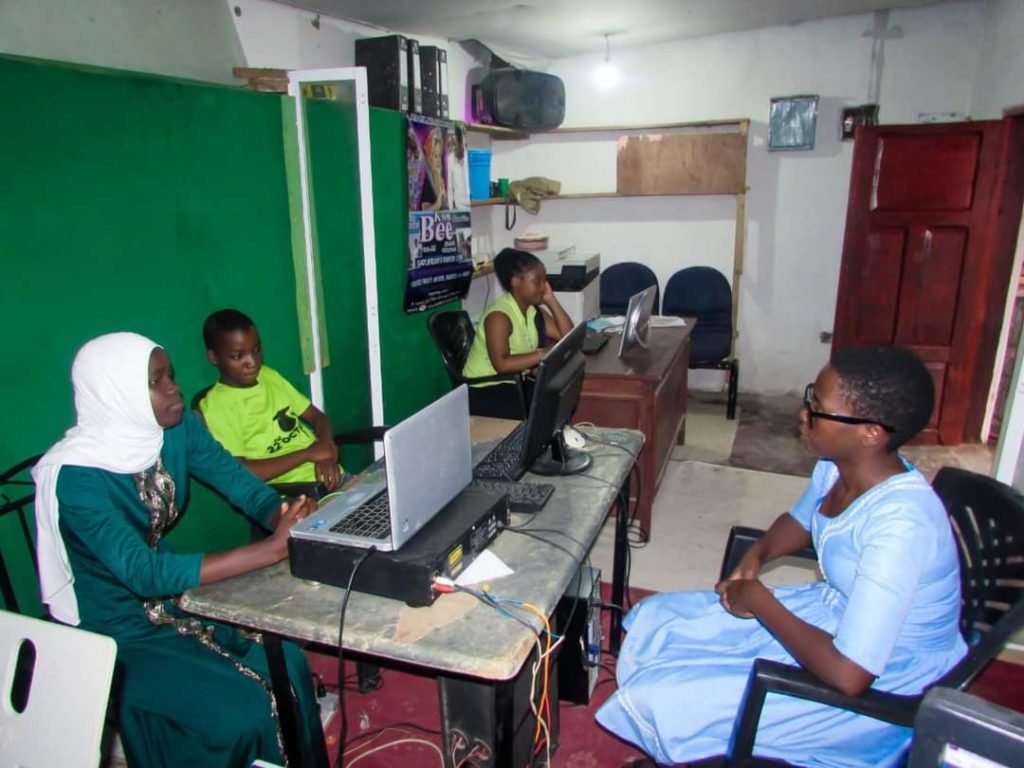
As you may be aware, the aim of Chimbota Community development Organisation is to provide high quality holistic education and life skills to vulnerable and underprivileged girls.
■ To support the underprivileged girls with scholastic materials and other training materials.
■ To improve the nutrition and sanitary condition of these vulnerable girls.
■ To increase enrolment of girls and keep them in the safe boarding school.
■ To promote girls clubs for counselling and mentorship.
■ To change communities and parents’ perception on girls’ equality and the importance of girl child education.
■ To provide better access to information on reproductive health, personal hygiene and family planning
■ To promote inclusive community ownership by bringing parents, officials, teachers and youth together with as common goal equality and education of girls.
